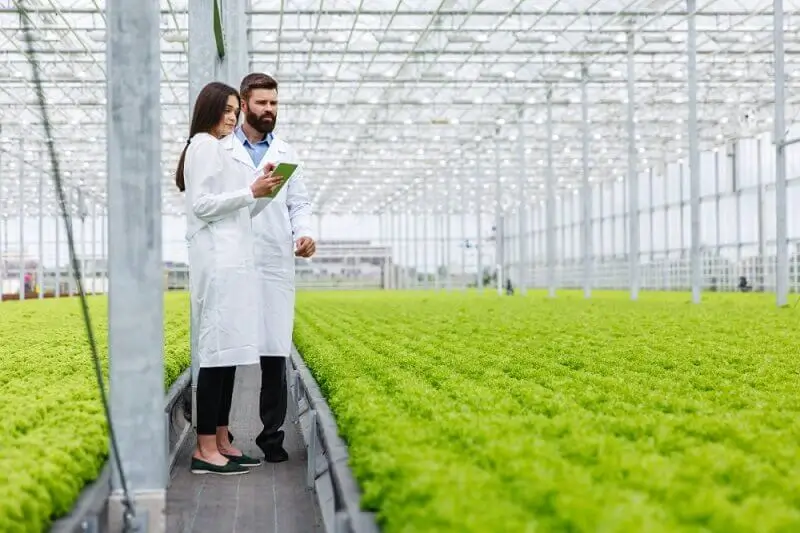Vertical farming sustainable ideas is transforming the agricultural landscape in 2025. This innovative approach to farming uses stacked layers or vertical spaces to grow crops in urban settings, significantly reducing land use and water consumption. Entrepreneurs are finding new opportunities in this eco-friendly practice, which aligns with the global push for sustainable food production.
Why Vertical Farming business is the Future of Agriculture
Vertical farming sustainable idea represents a revolutionary approach to agriculture that addresses some of the most pressing challenges of our time. By leveraging cutting-edge technology and sustainable practices, it provides a viable solution for feeding a growing global population while minimizing environmental impact.
Food and Agriculture Organization (FAO): Urban Agriculture and Vertical Farming
The FAO offers a wealth of resources and research on urban agriculture, including the role of vertical farming in sustainable food production.
Learn More About Innovative Business Ideas For 2025, including vertical farming opportunities, and how they’re shaping the future of sustainability in agriculture.
1. Efficient Land Use
Vertical farming optimizes land use by growing crops in stacked layers within controlled environments. This method is ideal for urban areas where arable land is scarce, allowing fresh produce to be grown closer to consumers.
2. Reduced Environmental Impact
By utilizing less land and water, vertical farming minimizes the environmental footprint of traditional agriculture. Additionally, it reduces the need for pesticides and herbicides, promoting healthier ecosystems.
3. Year-Round Farming
Controlled environments in vertical farms ensure year-round crop production, regardless of climate or weather conditions. This stability provides a consistent food supply and reduces reliance on imports.
4. Rising Consumer Demand
Consumers are increasingly seeking locally grown, organic produce. Vertical farms can meet this demand while ensuring high-quality and sustainable production methods.
How to Start a Vertical Farming Business
Step 1: Choose the Right Crops
Focus on high-demand crops like leafy greens, herbs, and microgreens, which thrive in vertical farming setups. Research local market needs to determine the most profitable options.
Step 2: Invest in Technology
Vertical farming relies on advanced technologies such as LED grow lights, hydroponics, and automated systems for irrigation and nutrient delivery. Investing in reliable equipment ensures efficiency and productivity.
Step 3: Find a Suitable Location
Urban warehouses or unused spaces can be converted into vertical farms. Accessibility to local markets and transportation is crucial for success.
Step 4: Build a Brand Around Sustainability
Highlight your commitment to eco-friendly practices in your marketing efforts. Use social media and community events to promote your brand and educate consumers about the benefits of vertical farming.
Benefits of Vertical Farming for Entrepreneurs
- Higher Yields: Vertical farming can produce more crops per square meter compared to traditional methods.
- Sustainability: Reduced water usage and the elimination of soil depletion make this an environmentally friendly choice.
- Market Differentiation: Offering fresh, locally grown produce gives your business a competitive edge.
Challenges to Consider
While vertical farming offers numerous benefits, it also comes with challenges, including high startup costs and energy demands. However, advancements in renewable energy and automation are helping to mitigate these issues.
Conclusion: Embracing Vertical Farming in 2025
Vertical farming sustainable ideas represent a groundbreaking shift in agriculture, blending technology with environmental responsibility. As the global population grows and urbanization intensifies, this innovative farming method provides a scalable, sustainable solution to food production.
Entrepreneurs who invest in vertical farming are not only creating profitable businesses but also contributing to a healthier planet. Make 2025 the year you join this agricultural revolution and reap the benefits of sustainable farming practices


